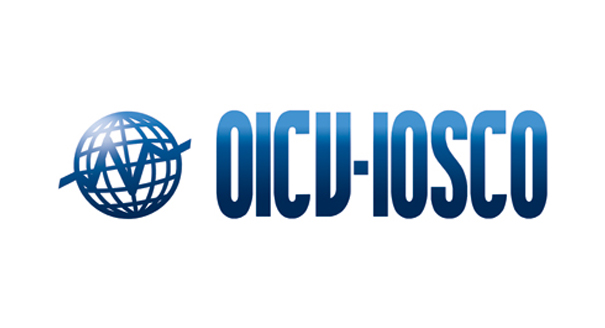MADRID, September 2015.- The International Organization of Securities Commissions issued its second review of the Implementation of the Principles for Oil Price Reporting Agencies (The ‘IOSCO Oil PRA Principles’), prepared in collaboration with the International Energy Association (IEA), International Energy Forum (IEF) and Organization of Petroleum Exporting Countries (OPEC).
The review follows a prior implementation review that was published in September 2014. It takes into account the results of the PRAs’ second year assurance reports, the operational changes implemented by the PRAs and the public comments received on the continuing implementation of the PRA Principles. It is also informed by two quantitative and qualitative reports prepared by the IEA, IEF and OPEC, which analyzed the impact of the IOSCO Oil PRA Principles on physical oil markets.
Overall, IOSCO’s report concludes that the PRAs have made the PRA Principles an integral part of their management policies and operational practices. Given the progress that has been evidenced to date, the commitment by the four main PRAs to continue adhering to the PRA Principles, and to undergo independent external assurance reviews, IOSCO, IEA, IEF and OPEC do not believe that further annual implementation reviews will be necessary at this time. However, IOSCO, IEA, IEF and OPEC will continue to monitor the PRAs’ activities primarily through the results of subsequent external assurance reviews and their ongoing engagement with the PRAs and interested stakeholders.
The IOSCO Oil PRA Principles were prepared in response to a request from the G20 Leaders at their Cannes Summit in November 2011. Referring to the PRAs, the G20 asked that “IOSCO, in collaboration with the International Energy Association (IEA), International Energy Forum (IEF) and the Organization of Petroleum Exporting Countries (OPEC), prepare recommendations to improve their functioning and oversight….” The IOSCO Oil PRA Principles were subsequently published in October 2012 and adopted by the four main PRAs.
NOTES TO THE EDITORS
- IOSCO is the leading international policy forum for securities regulators and is recognized as the global standard setter for securities regulation. The organization’s membership regulates more than 95% of the world’s securities markets in more than 115 jurisdictions and it continues to expand.
- The IOSCO Board is the governing and standard-setting body of the International Organization of Securities Commissions (IOSCO). The Board is made up of 34 securities regulators. Mr Greg Medcraft, chairman of the Australian Securities and Investments Commission, is the chair of the IOSCO Board. The members of the IOSCO Board are the securities regulatory authorities of Australia, Belgium, Brazil, China, Egypt, France, Germany, Greece, Hong Kong, India, Italy, Japan, Kenya, Korea, Malaysia, Mexico, the Netherlands, Nigeria, Ontario, Pakistan, Peru, Quebec, Saudi Arabia, Singapore, South Africa, Spain, Sweden, Switzerland, Thailand, Trinidad and Tobago, Turkey, United Kingdom and the United States.
- The Growth and Emerging Markets Committee is the largest Committee within IOSCO, representing 75 per cent of the IOSCO membership. Mr. Ranjit Ajit Singh, Chairman, Securities Commission, Malaysia, and Vice Chair of the IOSCO Board, is the Chair of the GEM. The Committee endeavors to promote the development and greater efficiency of emerging securities and futures markets by establishing principles and minimum standards, providing training programs and technical assistance for members and facilitating the exchange of information and transfer of technology and expertise.
- IOSCO aims through its permanent structures:
- to cooperate in developing, implementing and promoting adherence to internationally recognized and consistent standards of regulation, oversight and enforcement in order to protect investors, maintain fair, efficient and transparent markets, and seek to address systemic risks;
- to enhance investor protection and promote investor confidence in the integrity of securities markets, through strengthened information exchange and cooperation in enforcement against misconduct and in supervision of markets and market intermediaries; and
- to exchange information at both global and regional levels on their respective experiences in order to assist the development of markets, strengthen market infrastructure and implement appropriate regulation.


